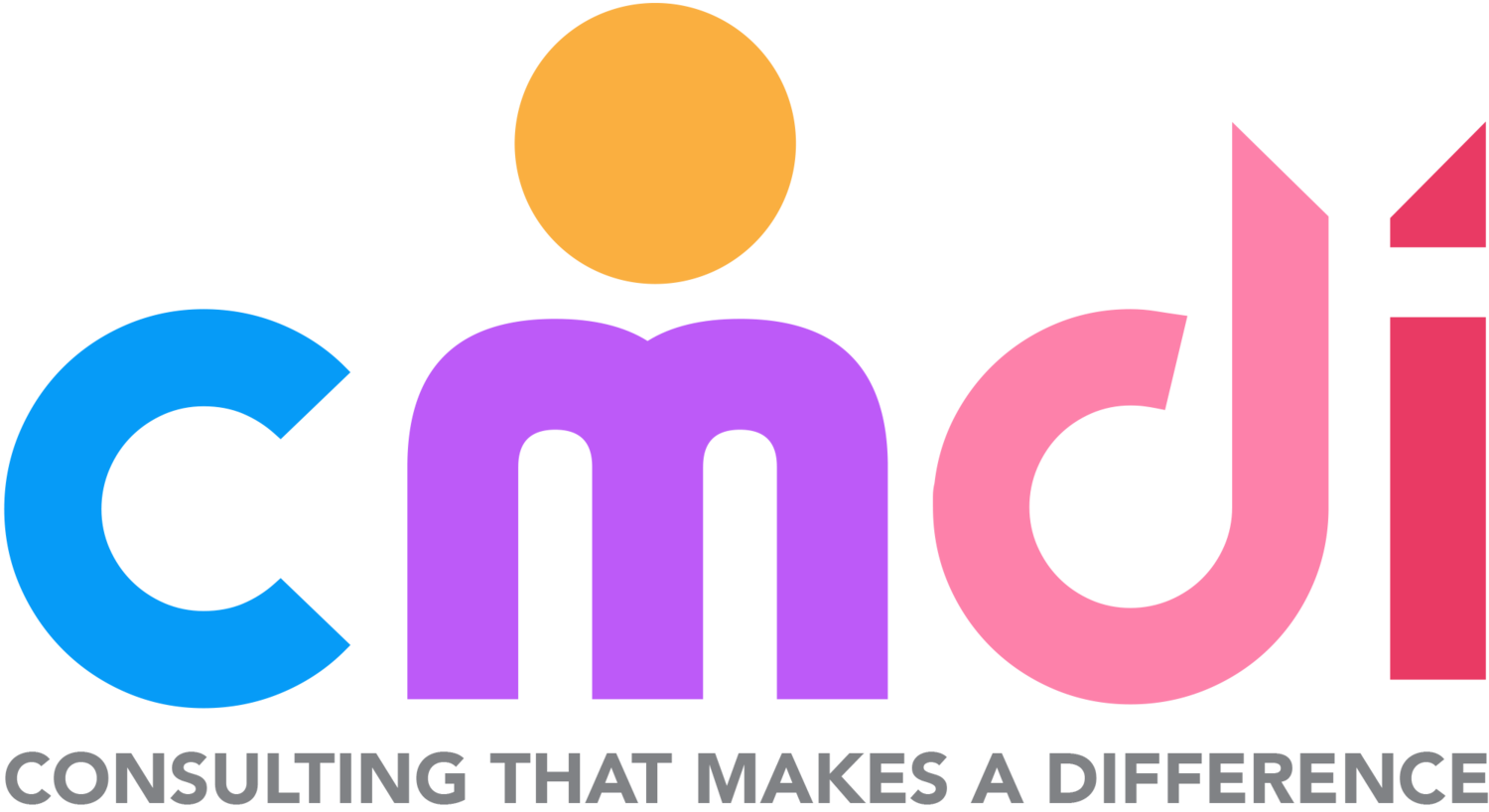Dyscalculia is a neurodevelopmental condition that affects a student’s ability to understand numbers, learn math facts, perform calculations, and apply mathematical reasoning. While it is less commonly discussed than dyslexia or ADHD, dyscalculia affects a significant portion of the student population, and its impact can be profound when left unrecognized or unsupported. This workshop begins by defining dyscalculia and distinguishing it from general math difficulties. Participants will explore how dyscalculia manifests across different grade levels and examine common signs and symptoms that may appear in the classroom. Through case studies, collaborative discussions, and practical tools, educators will leave better equipped to recognize and respond to the needs of students struggling with this often-overlooked learning difference.
Back to All Events
